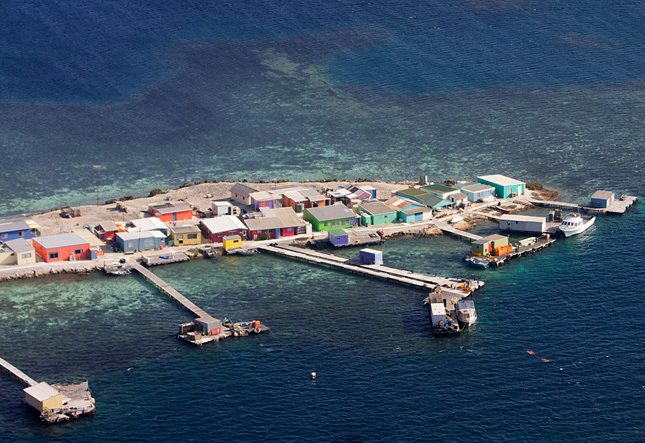-
Kenneth Weiss, Worldwatch Institute
Environmental Researchers and the Touchy Topics of Family Planning and Population
January 20, 2016 By Wilson Center Staff
As a young and promising marine biologist, Camilo Mora led a team of 55 scientists assessing the rapid decline of fish on the world’s coral reefs. It was a global enterprise with broad implications. Hundreds of millions of people rely on reef fish for their primary source of animal protein. Healthy reefs protect coastal communities from devastating storms and provide a multitude of livelihoods, including jobs in the fast-growing tourism industry.
To figure out why so many reef fish are in trouble, Mora plugged all of the possible factors into a massive data-driven analysis. One reason stood out from all the rest: the density of nearby human population. The more people who live close to the reef, the steeper the plunge in the abundance and diversity of fish. And those countries with coral reefs are all on the fast track to doubling their populations in this century.
What happened next gave Mora an insight into why population has become a taboo topic – often avoided, if not intentionally ignored – in peer-reviewed literature, scientific conferences, and academic discussions.
Mora drafted a conclusion suggesting improvements for reef management to confront overfishing, coastal development, and pollution “as well as long-term strategies (improvements in education, empowerment of women, family planning, poverty alleviation, etc.) to curb the growth of coastal human populations.” Then he sent the draft to his colleagues for feedback.
Continue reading on the FPESA blog.
Sources: Worldwatch Institute.
Photo Credit: A pearl farming community in Western Australia, courtesy of flickr user Sascha Wenninger.
 A Publication of the Stimson Center.
A Publication of the Stimson Center.



